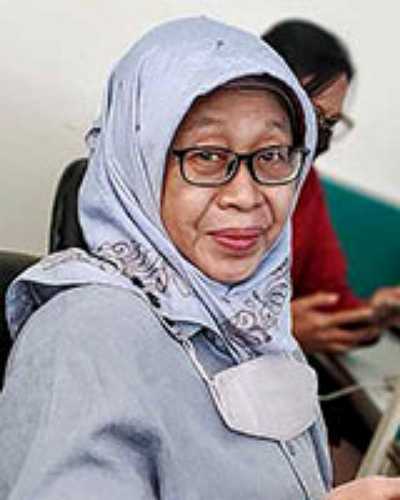Now published, see the full article 
Early Abstract:
Background: Traditional health services (THS) are expected to cover for the lack of modern health facilities available in rural areas of Indonesia. Meanwhile, the proportion of poor people in rural areas is greater than in urban areas. This study analyzes socioeconomic status and THS utilization in rural Indonesia.
Methods: This cross-sectional study analyzed data from the 2018 Indonesian Basic Health Survey, which surveyed 357,556 adults (≥ 15 years). The analysis included age, gender, marital, education, and occupation as control factors in addition to socioeconomic status and THS utilization. The study used binary logistic regression to evaluate the data.
Results: The results show that people in the 'poorer' socioeconomic category are 1.111 times more likely to utilize THS than those in the 'poorest' (AOR 1.111; 95% CI 1.085-1.137). People from the middle are 1.113 times more likely than the most impoverished to utilize THS (AOR 1.113; 95% CI 1.086-1.140), and people from the 'richer' group are 1.166 more likely than the most destitute to use THS in rural Indonesia (AOR 1.166; 95% CI 1.139-1.194). Moreover, the richest are 1.166 times more likely than the poorest to use THS in rural Indonesia (AOR 1.166; 95% CI 1.134-1.200).
Conclusion: The study concluded that socioeconomic status relates to THS utilization in rural Indonesia. People from all socioeconomic groups are more likely than the poorest to utilize THS in rural Indonesia. These results indicate that although all circles can accept it, the poorest are the parties who rarely access THS.



